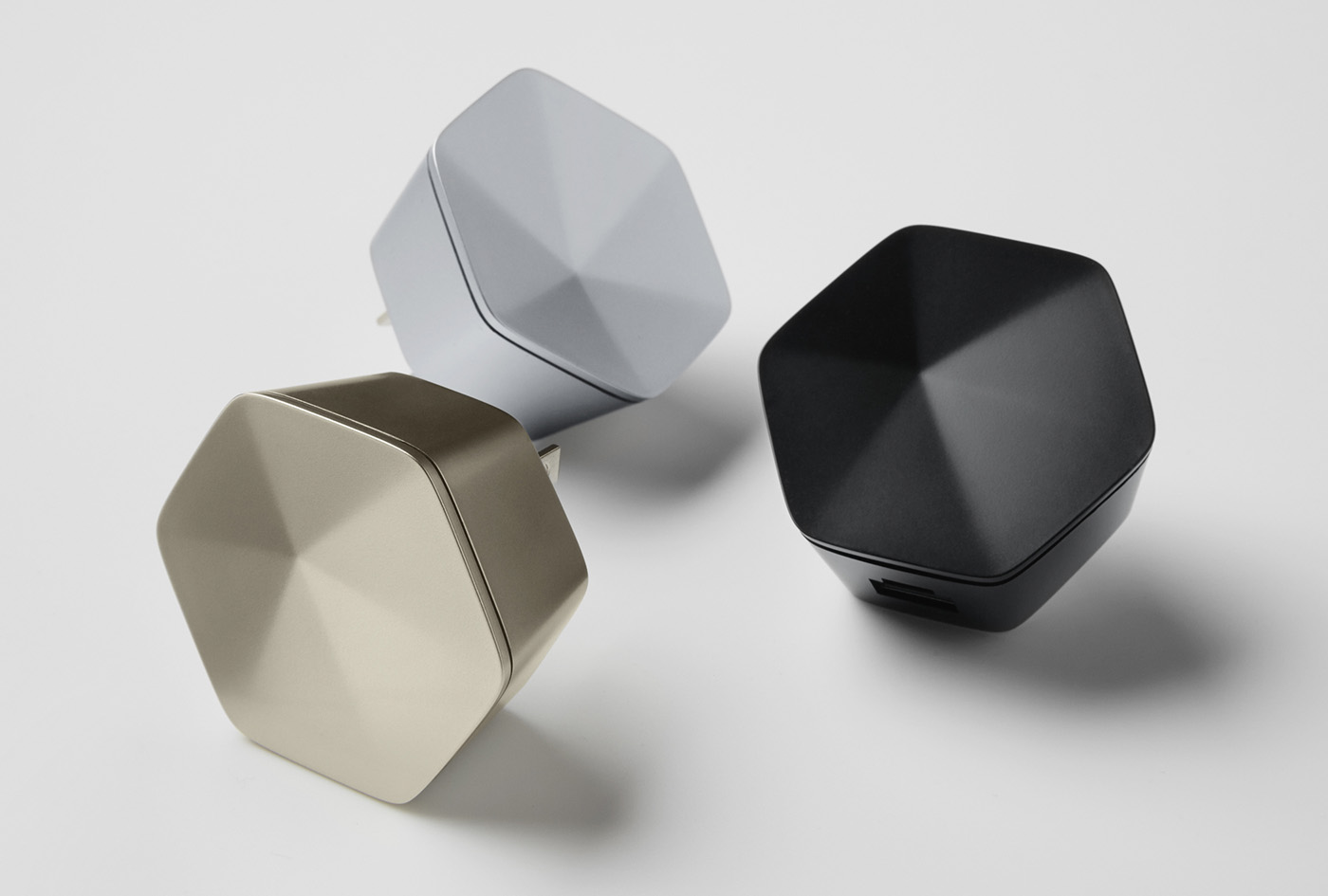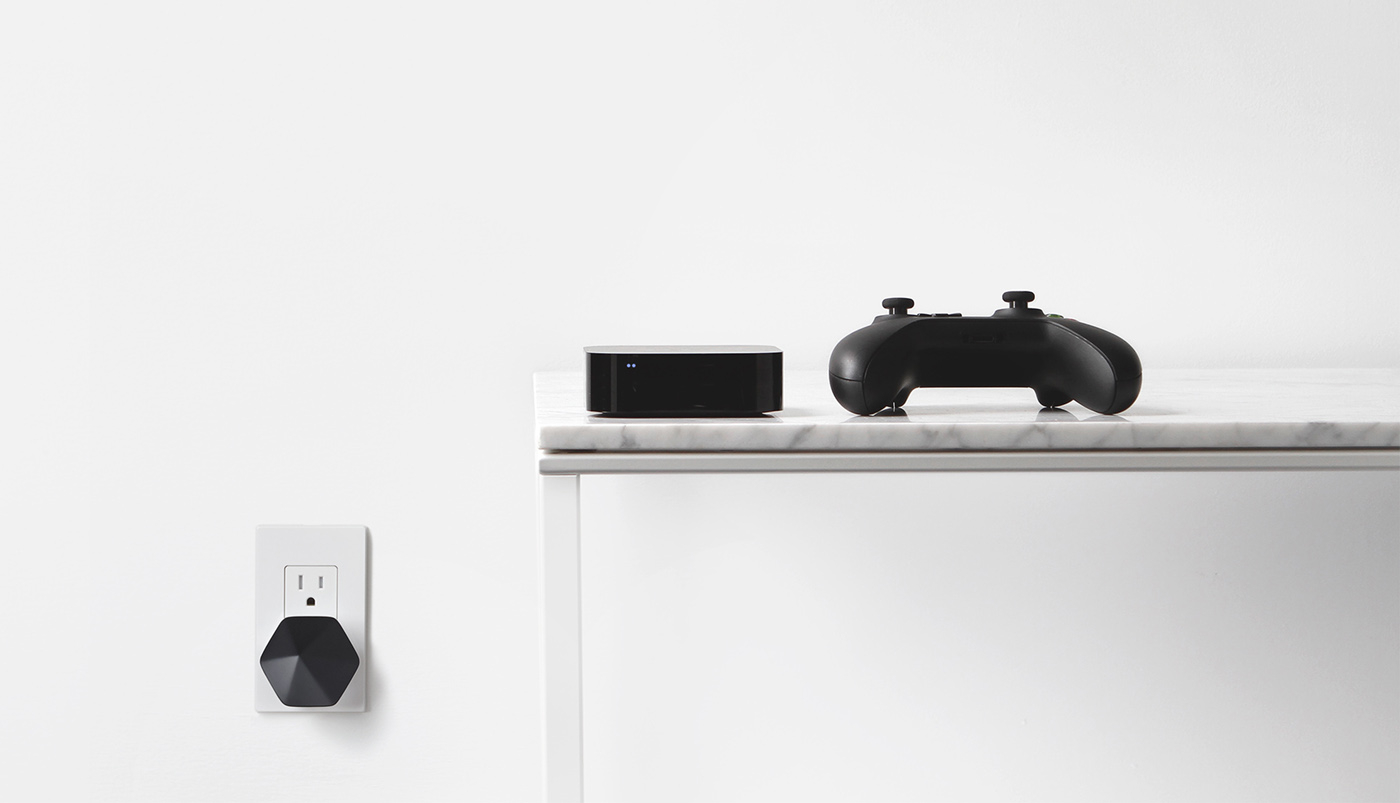
In a time when we really can’t afford to have unreliable Wi-Fi access, the company Plume has a more adaptive solution to faulty range extenders, introducing “Pod,” a newly developed Wi-Fi range extender that plugs into power sockets. Developed by Plum, each Pod unit connects the household modem and extends coverage via proprietary mesh-like system called “Adaptive Wi-Fi, a deeply distributed, whole-home Wi-Fi solution that dynamically responds to varying Wi-Fi conditions.”
While each Pod has an Ethernet port, the design’s true purpose is for wireless use. The Pods communicate with the Plume Cloud to deliver “coverage, speed, and reliability far beyond any other solution.” The mesh system determines where a user is located, adjusting its Wi-Fi signal to deliver the best speeds. “Plume is a self-learning system that gets better and better over time,” said CEO Fahri Diner on Plume’s blog. Diner’s statement is supported by the company’s claims to have the fastest connection speeds on the market through its use of cloud computing.
Pod units are also programmed to seek out interference and adapt their system to keep every device connected at the greatest speed. The system is supposed to provide assistance automatically if certain devices’ connectivity is a priority, as seen in the example of someone streaming 4K. However, this feature is not necessarily an original element, as wireless routers such as the Google OnHub have similar aspects. As of now, Pods’ greatest competitor is the first home Wi-Fi system Eero, which includes three routers placed throughout the house to alleviate weak connections caused by distance and wall material.

While the Eero 3-pack sells for $499, Plume has heavily promoted the Pods’ pre-sale cost of $39 before it bumps to $49 in the fall. Both devices provide speedy connections in spots that notoriously never connect to Wi-Fi, but Plume offers both a lower price and less noticeable design. “Rather than introducing more routers, we decided to deconstruct the traditional router by leveraging inexpensive and scalable computer power from the cloud,” said Diner. “The intent was to give people more Wi-Fi, in more places, on more devices, more of the time – all at a more affordable price point.”
Plume also believes that its product will be faster for a fraction of Eero’s price. The Pod units also have the advantage of being compatible with many available ports in discreet locations, rather than Eero’s concept of large units in rooms. In the time leading up to the product launch, the company will work on determining how many Pods to manufacture initially.
Source: Engadget, The Verge, Plume, Engadget 2, PR Newswire, Eero
Advertisement
Learn more about Electronic Products Magazine





